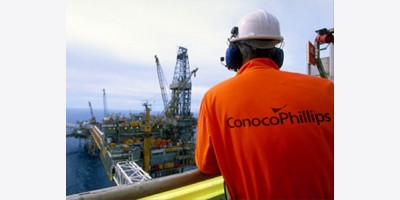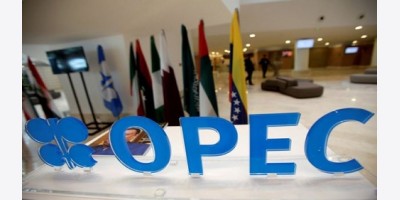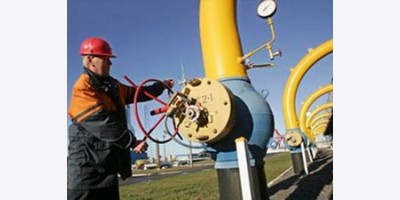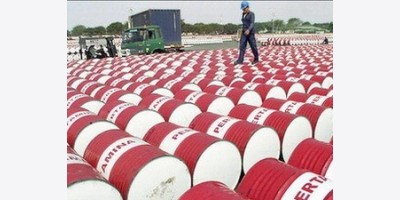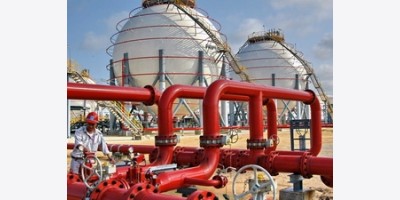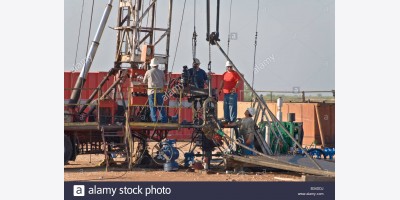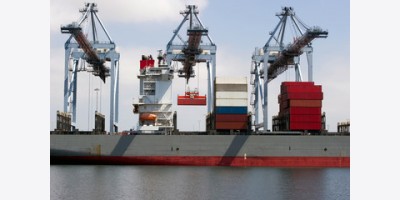
Mexico’s Pemex is courting potential partners in the Arabian Gulf as the nation’s oil industry opens up to private investment for the first time in 75 years.
Officials from the state oil company travelled to the capital this week to meet Abu Dhabi’s Mubadala and International Petroleum Investment Company (Ipic) as they seek joint venture partners to upgrade outdated petrochemical plants and explore challenging shale and deepwater fields. As much as 115 billion barrels of oil are estimated to remain for the tapping – more than twice the volume Mexico has pumped in a century.
“We have plenty of resources in Mexico,” said Mario Beauregard, the chief financial officer. “Pemex has always been talking with international oil companies, but now it’s completely different – now we are able to attract oil companies to exploit these resources.”
Service contracts that pay a per barrel fee were allowed under the nationalised structure. But the absence of production-sharing contracts – which allows companies to book reserves – has handicapped the development of Mexico’s side of the Gulf of Mexico and shale formations that are believed to extend in a continuous line from Texas’s Eagle Ford.
Should Mexico’s reform succeed, it could not only unlock some of the world’s largest untapped hydrocarbon resources but also boost the entire economy by making more fuel available to domestic industry. Today the world’s tenth top oil producer imports a third of its petrol because of limited refining capacity. Pemex hopes it can tap Nova Chemicals or Cepsa, both owned by Ipic, to help revitalise the downstream sector.
The reform is expected to double annual investment in the nation’s oil sector to US$60 billion a year, from the $27.7bn today that is exclusively invested by Pemex. Its five-year target is to raise output by 500,000 barrels per day to 3 million; private investment would help raise that figure to 3.5 million, said Mr Beauregard.
The company also plans to tap sukuk markets for the first time in the range of $500 million to $1bn.
The oil and gas reform is a historic moment for a nation that was ranked the world’s second top oil producer a decade before oil was discovered in the Arabian Gulf. Foreign companies controlled 90 per cent of the industry before Mexico banned private investment in the oil sector in 1938. It created Petroleos Mexicanos soon after.
Change has been swift under the current president Enrique Pena Nieto. In December lawmakers lifted the ban from the constitution, and next month they are expected to pass a set of laws governing investment. A sovereign wealth fund and an environmental agency are also due to be launched.
Pemex said it would structure joint ventures on a case-by-case basis, but would probably maintain a higher stake in the easy-to-drill shallow water, where it costs about $20 to produce a barrel of oil, than in the more challenging and costly deepwater and shale. Mexican companies that have operated on Texan shale are ready to bring their skills to Mexico, said Mr Beauregard.
Mubadala declined to comment and Ipic was unavailable for comment.
By TheNational UAE










